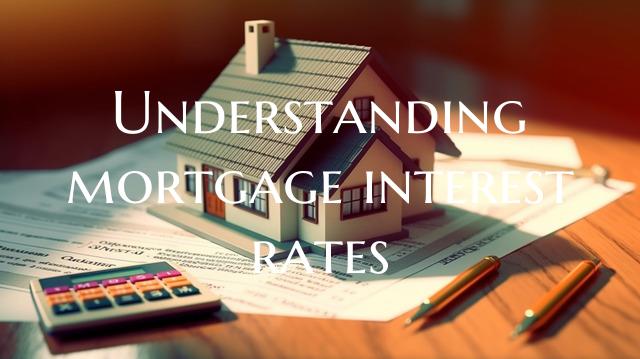Understanding mortgage interest rates

Mortgage interest rates are a crucial factor when it comes to purchasing a home. Understanding how these rates work can help you make informed decisions and save money in the long run.
The mortgage interest rate is the percentage of your loan amount that you're charged by the lender for borrowing the money. This rate can vary based on several factors, including your credit score, the loan term, the type of loan, and current market conditions.
A lower interest rate means lower monthly payments and less overall interest paid over the life of the loan. On the other hand, a higher interest rate can result in higher monthly payments and more interest paid over time.
It's important to shop around and compare interest rates from different lenders to get the best deal. You can also consider options such as locking in a rate to protect yourself from potential increases in the future.
Additionally, understanding the difference between fixed-rate and adjustable-rate mortgages is crucial. A fixed-rate mortgage maintains the same interest rate throughout the life of the loan, providing predictability in your monthly payments. An adjustable-rate mortgage, on the other hand, starts with a fixed rate for a certain period and then adjusts based on market conditions, potentially leading to fluctuations in your payments.
In conclusion, understanding mortgage interest rates is essential for anyone looking to buy a home. By educating yourself on how rates are determined and the impact they can have on your finances, you can make well-informed decisions that suit your budget and long-term goals.
